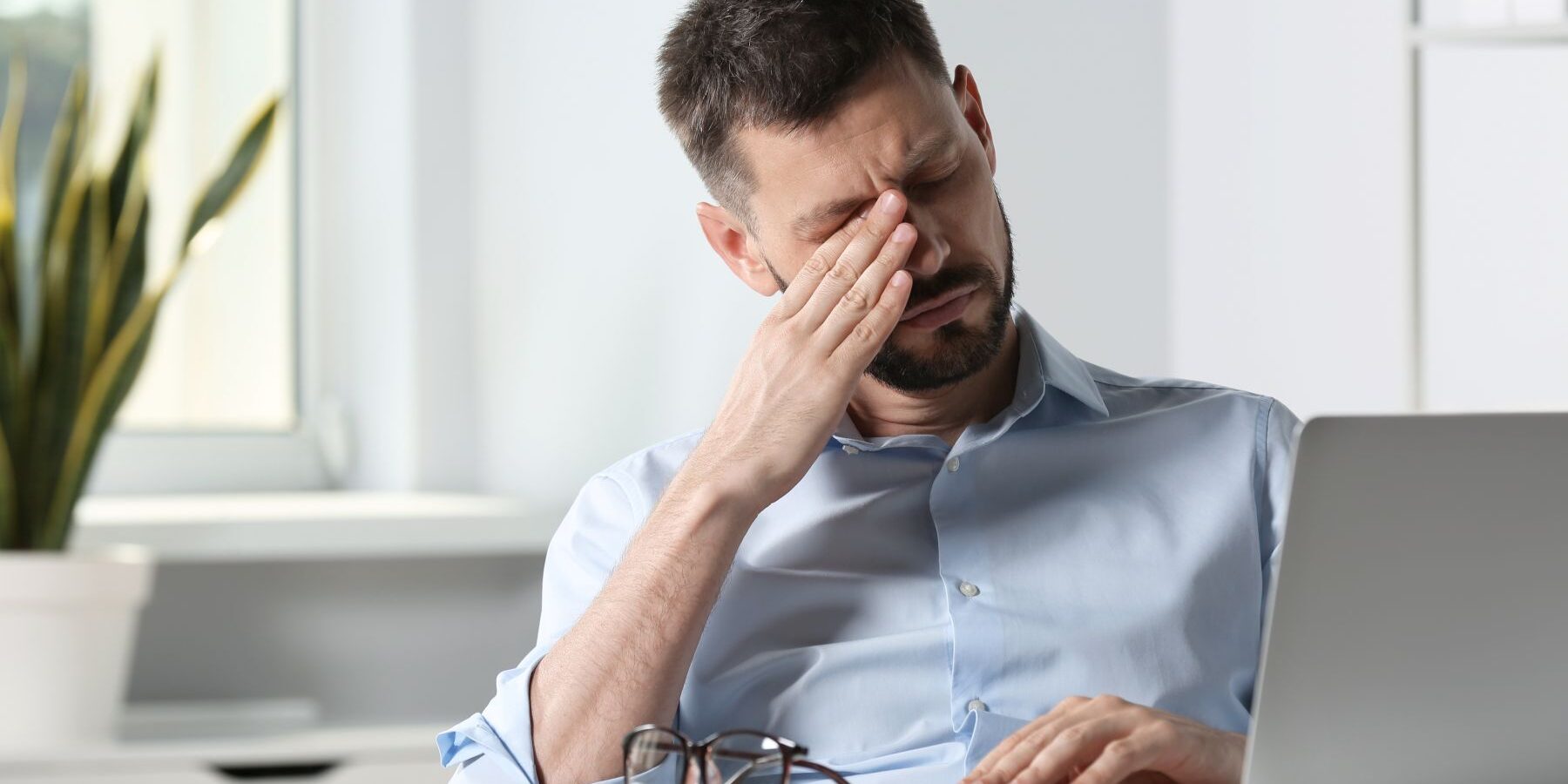Night sweats are common in the menopause and perimenopause periods. But while this symptom can be unpleasant, there are a number of methods which are capable of preventing it, or at least reducing its severity.
It is hot flashes, which can spread sudden heat through the face and upper body, which cause night sweats. They are understood to be experienced by as much as 85 per cent of women. The natural menopause typically happens between the ages of 45 and 55, and lasts for approximately seven years – that means night sweats can occur for a long period of time.
Why do night sweats happen?
The hot flashes which cause night sweats are down to the hormone level changes which characterise the menopause and perimenopause periods. The varying levels of progesterone and estrogen can have an impact on the body’s ability to control its temperature, which can lead to the sudden ‘rushes’ of heat, and, consequently, night sweats.
You might experience hot flushes and night sweats on a daily basis, or every now and then. Whichever is the case, there are a multitude of ways to prevent and treat them. Let’s find out about some of them.
Treating menopausal night sweats
There are a number of lifestyle changes and home remedies which can help to combat night sweats. These include; using a night fan or air conditioning system to lower the temperature of the room and cool you down; wearing less clothes for bed; taking a cold shower before bed, and running cold water over your wrists in order to cool down your blood vessels rapidly; as well as keeping your eye on the long list of potential triggers for hot flushes. If you are suffering from night sweats, be particularly wary of avoiding or reducing your intake of spicy food, caffeine and alcohol, as well as smoking.
Maintaining a healthy weight for your size is another good lifestyle tip, as night sweats are known to be more frequent in people who are obese. Regular exercise, a healthy diet and a lifestyle which is active in general are all ways to keep your weight down.
If, despite trying the lifestyle changes and home remedies above, night sweats are making your everyday life a struggle, there are medications which a doctor can prescribe. These include hormone replacement therapy (HRT) medication and antidepressants, as well as other strictly prescribed medicines, such as gabapentin, the anti-epileptic drug, and clonidine, which is used to lower blood pressure.
Night sweats can be a disruptive menopausal symptom, but by using the range of steps we have to address them, you can get back to a restful night’s sleep.
Search treatments & services A-Z
Search for a specific treatment or service.


